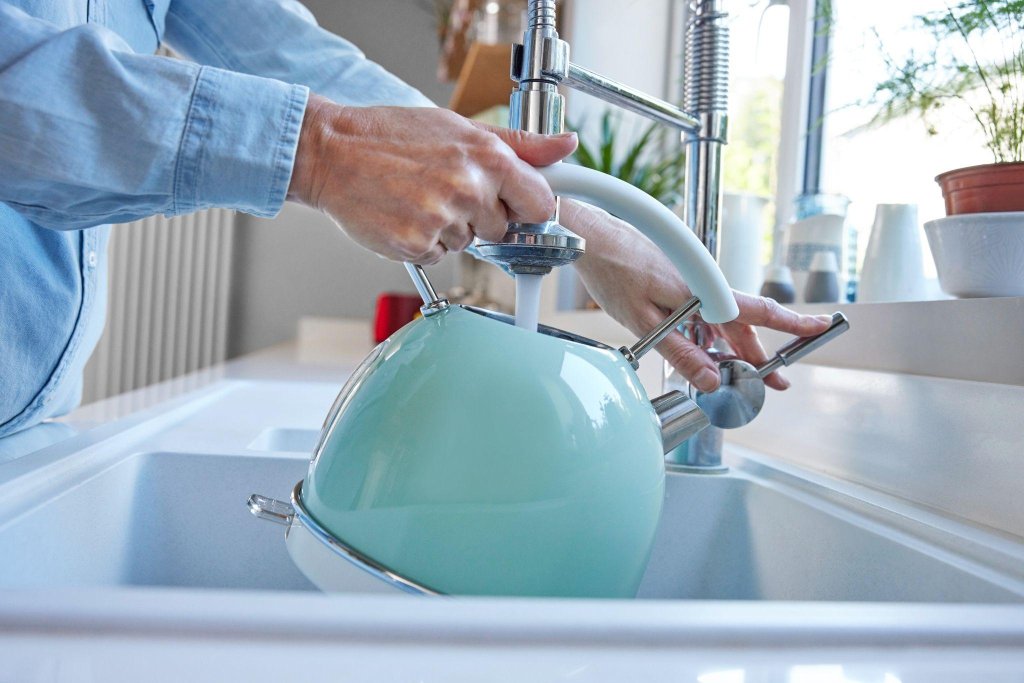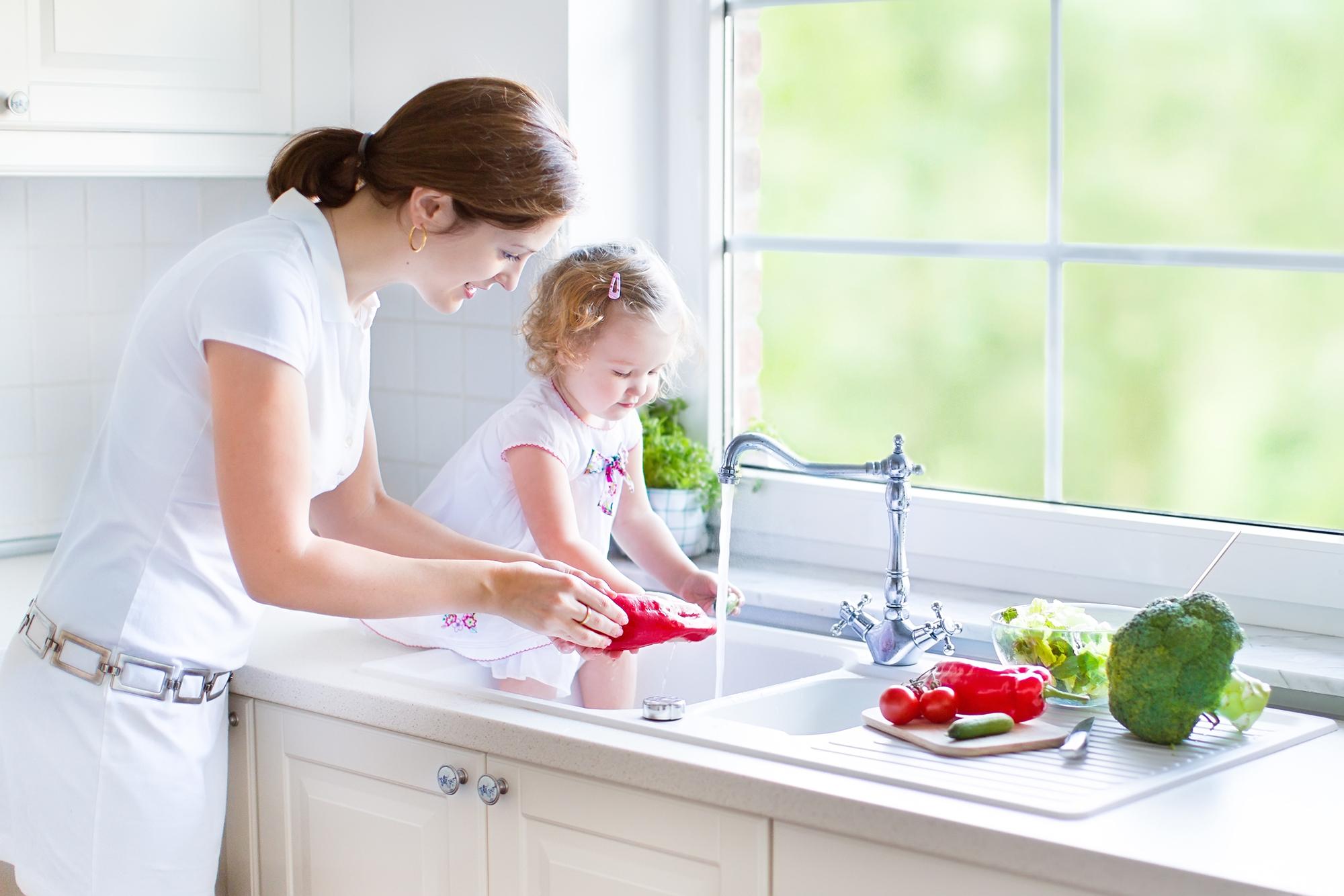Water, the essential element for life, is alarmingly becoming a finite resource. Sustainable consumption patterns are globally acknowledged for their growing importance and urgency. Melbourne is an influential urban centre in Australia with a unique context embodying both challenges and opportunities around water consumption.
The city, often labelled as the world’s most liveable, has been grappling with water conservation issues brought forth by rapid population growth and climate change occurrences. The importance and practicality of domestic-scale water conservation has been increasingly acknowledged, given the large percentage of total urban water consumption that is constituted by residential use.
In light of these pressing realities, this exploration dives into the multiple layers of water conservation strategies suited for homes in Melbourne. The aim of this discussion is twofold: to equip residents with a better understanding of Melbourne’s water context and inspire them towards realistic and achievable conservation practices within their households.
The Rising Importance of Water Conservation in Melbourne
Melbourne, a city vibrantly alive with bustling laneways, diverse culture and strong sporting spirit, paradoxically faces serious challenges regarding its water supply. This city’s geographical positioning further amplifies the impact of climate change, which translates into prolonged heatwaves and unpredictable weather variations, leaving Melbourne to grapple with the constant fear of water scarcity.
The implications of excessive water use are not restricted to the present or to an individual. It is interwoven in the complex web of our ecosystem, where alterations in components lead to consequential changes, seldom favourable. Excessive use of fresh, potable water can lead to drying water bodies, unbalanced ecosystems and water shortages, haunting the livelihoods of future Melbourne residents.
Water conservation, as a response, doesn’t just offer the pragmatic benefit of having more water at hand. Conserving water aids in reducing the strain on urban Melbourne’s water infrastructure, minimising the energy used for water delivery and treatment, and preserving water sources for recreational purposes, thereby upholding Melbourne’s unique biodiversity.
We all have an essential part to play in the fight against the water crisis, and this is where domestic-scale water conservation steps in. Many drops create an ocean, and thus, every Melbourne household, with its individual water-saving efforts, can contribute significantly to the larger goal of water sustainability.
Understanding Your Home’s Water Footprint
The concept of a ‘water footprint’ measures the amount of water we use both directly and indirectly. Just as carbon footprint measures your greenhouse gas emissions, a water footprint helps individuals understand water usage and wastage patterns.
Surprisingly, high water footprints often result from common household activities. For example, washing, cooking and irrigation are the most significant areas of domestic water use in Melbourne. Other activities like car washing or pet care may also contribute more than one expects.
To calculate your home’s water footprint, identify the direct and indirect water usage in these activities. Direct water usage is fairly easy to identify; it’s the water that flows out of taps and showers. Indirect water usage, the ‘hidden water’, is used in the process of producing things we consume, such as food, electricity or clothing and can even outweigh the direct water use.
Reducing your water footprint doesn’t just offer environmental benefits. As a Melbourne homeowner, the average quarterly water costs in Melbourne could witness a pleasant dip with a decrease in water consumption.
Practical Water-Saving Techniques in the Bathroom
The bathroom is one of the primary water-consuming areas in a Melbourne home. However, this also means that there is a vast potential for implementing more efficient water usage techniques.
Start by considering your daily routines, such as bathing or brushing. Opt for a bucket instead of an open shower, which can save up to 150 litres each time you bathe. Turning off the tap while brushing can save up to 10 litres per minute.
Next, pay attention to the bathroom fixtures and appliances you use. Investing in water-efficient showerheads, faucets, and dual-flush toilets can significantly reduce water usage. Water-efficient shower heads, for example, can reduce water use by up to 50% compared to traditional shower heads.
In Melbourne, several households have adopted water-saving techniques in their bathrooms and have managed to save up to 20% of their overall water consumption. This change not only instils more judicious water use habits but also contributes to shrinking the water footprint and bill savings, outlining the significant benefits of adopting water-saving techniques.
Conserving Water in the Kitchen and Garden
Now let’s shift our focus to the kitchen and the garden, two more areas with high water usage potential in a typical Melbourne home. Even mundane activities like dishwashing or watering plants can lead to considerable water waste if not performed mindfully.
In the kitchen, simple changes like using a bowl to wash dishes instead of leaving the tap running, or waiting until you have a full load before using the dishwasher, can lead to massive water savings. Likewise, in the garden, efficient practices like watering early in the morning or late in the evening, installing a rainwater collection system, or simply choosing native, drought-tolerant plants for your garden can decrease your water consumption significantly.
Across Melbourne, cases of homeowners successfully incorporating these water conservation methods are encouraging. These individuals often report significant savings in their water bills and experience the joy of contributing towards a sustainable Melbourne.
Encouraging Community Participation in Water Conservation
No sustainable cause ever reached its full potential without local communities championing it. Community participation in water conservation efforts increases awareness and creates accountability among its members.
Advocacy and education regarding water conservation should be promoted in Melbourne’s neighbourhoods. Different ways of creating community awareness include organising workshops, webinars, or a neighbourhood water audit. In Melbourne, multiple community groups and environmental organisations are leading such initiatives.
Community-led actions often ripple into broader policy interventions, pushing local governance bodies for more comprehensive water systems and water management planning. Collective efforts can drive systemic changes and have an extensive impact on conservation efforts.
Conclusion
The goal of water conservation in Melbourne homes is simple and straightforward. By adopting a few practical changes in our everyday routines, each one of us can contribute toward a promisingly sustainable Melbourne city. For a water-efficiency future for Melbourne, it is imperative that every household does its part.
The idea of a water-efficient Melbourne may seem like a distant reality at the moment. Yet, the potential for this vision to come true is tremendous. Remember, managing water more sustainably is not just about more efficient water use. It’s also about creating a cultural shift in the perception of water as a resource.
The call for Melbourne residents is clear: Let’s step up, make a difference, and turn the water conservation vision into a daily practice. Every drop counts for a sustainable, water-conscious Melbourne.


